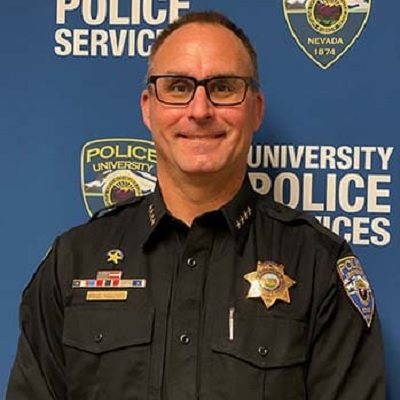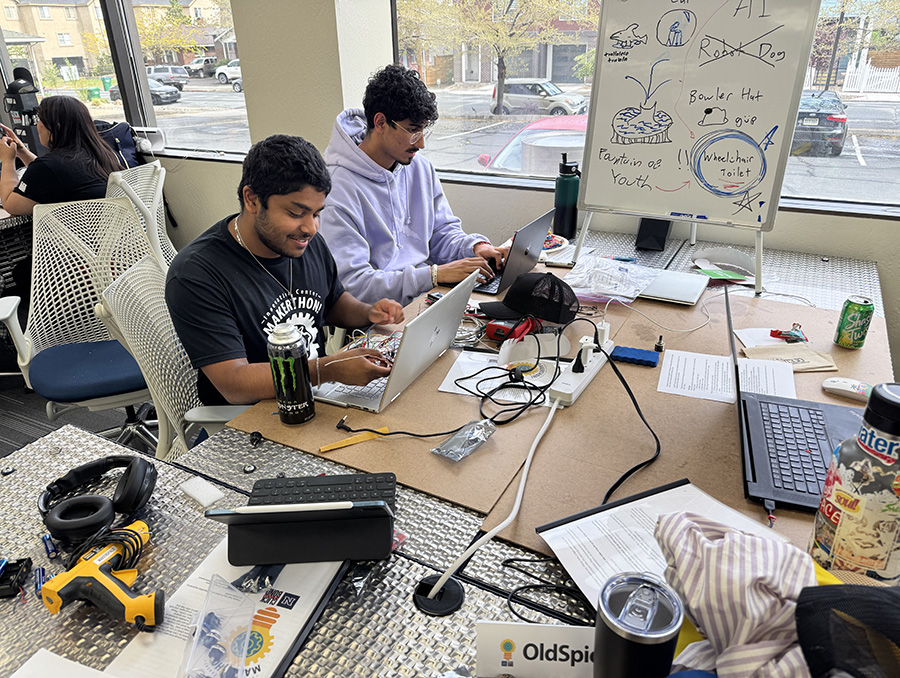Avoiding COVID-19-related fraud
Some tips on avoiding vaccination/vaccine scams and other ways bad actors are preying on our fears regarding COVID-19
I want to reach out to our NSHE Northern communities to advise you of what to expect from bad actors taking advantage of the pandemic and our road to recovery and community-wide vaccination process. We are still in the very beginning of the vaccination process with Tier 1 and our health care providers and front line workers. As an NSHE employee, you will be notified by your institution regarding vaccination procedures. More about this will communicated to you in the coming days/weeks. Although you have the option to get vaccinated or not, your job function/status within NSHE may qualify you to receive the vaccine sooner, rather than with the general population. I certainly encourage you to take advantage of this if you choose to. In the meantime, please take a moment to review these tips so you do not become the victim of fraudulent schemes relation to the COVID-19 vaccination process.
The public should be aware of the following potential indicators of fraudulent activity:
- Advertisements or offers for early access to a vaccine upon payment of a deposit or fee
- Requests asking you to pay out of pocket to obtain the vaccine or to put your name on a COVID-19 vaccine waiting list
- Offers to undergo additional medical testing or procedures when obtaining a vaccine
- Marketers offering to sell and/or ship doses of a vaccine, domestically or internationally, in exchange for payment of a deposit or fee
- Unsolicited emails, telephone calls, or personal contact from someone claiming to be from a medical office, insurance company, or COVID-19 vaccine center requesting personal and/or medical information to determine recipients' eligibility to participate in clinical vaccine trials or obtain the vaccine
- Claims of FDA approval for a vaccine that cannot be verified
- Advertisements for vaccines through social media platforms, email, telephone calls, online, or from unsolicited/unknown sources
- Individuals contacting you in person, by phone, or by email to tell you the government or government officials require you to receive a COVID-19 vaccine
Tips to avoid COVID-19 vaccine-related fraud:
- Consult your state's health department website for up-to-date information about authorized vaccine distribution channels and only obtaining a vaccine through such channels.
- Check the FDA's website (fda.gov) for current information about vaccine emergency use authorizations.
- Consult your primary care physician before undergoing any vaccination.
- Don't share your personal or health information with anyone other than known and trusted medical professionals.
- Check your medical bills and insurance explanation of benefits (EOBs) for any suspicious claims and promptly reporting any errors to your health insurance provider.
- Follow guidance and recommendations from the U.S. Centers for Disease Control and Prevention (CDC) and other trusted medical professionals.
General online/cyber fraud prevention techniques:
- Verify the spelling of web addresses, websites, and email addresses that look trustworthy but may be imitations of legitimate websites.
- Ensure operating systems and applications are updated to the most current versions.
- Update anti-malware and anti-virus software and conduct regular network scans.
- Do not enable macros on documents downloaded from an email unless necessary and after ensuring the file is not malicious.
- Do not communicate with or open emails, attachments, or links from unknown individuals.
- Never provide personal information of any sort via email; be aware that many emails requesting your personal information may appear to be legitimate.
- Use strong two-factor authentication if possible, using biometrics, hardware tokens, or authentication apps.
- Disable or remove unneeded software applications.
If you believe you have been the victim of a COVID-19 fraud, immediately report it to the FBI (Internet Crime Complaint Center (IC3), FBI Tip Form, or 1-800-CALL-FBI) or HHS OIG (HHS OIG Tips & Complaints or 1-800-HHS-TIPS). If you have any questions or concerns related to fraud, please contact University Police Services – Northern Command at 775-784-4013 or email us unrpd@unr.edu.













